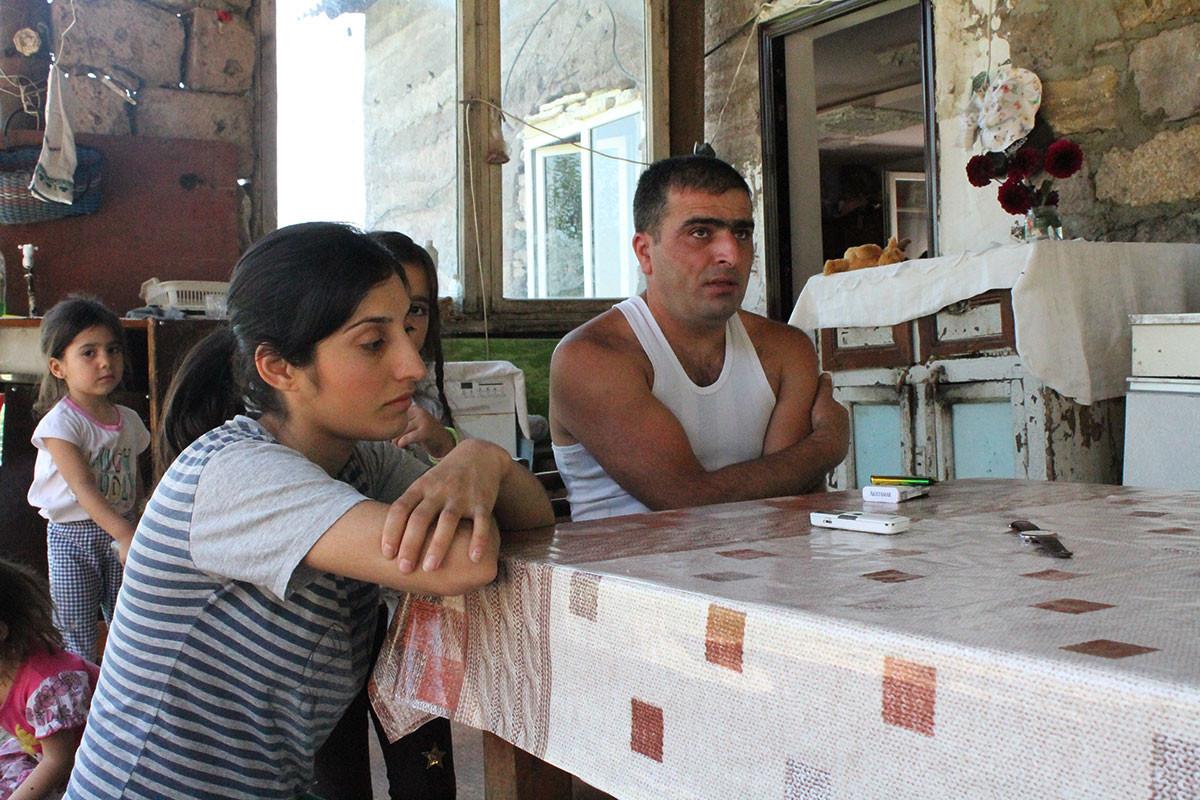
Garnik Margaryan from Kapan: War Vet Has Four Daughters, Wants Four Sons
The oppressive afternoon heat hangs like an invisible curtain over the Barabatum district of Kapan, the capital of Armenia’s southern Syunik province.
Garnik Margaryan, his wife Marianna and their four children reside in the district.
The new border separating Armenia and Azerbaijan is visible in the distance.
35-year-old Garnik fought to defend Kapan in the 2016 “Four Day War” and the 2020 Artsakh war.
We gather at the table on the dirt floor of the yard.
Garnik lights a cigarette. The children gather around the table - 8-year-old Lily, 6-year-old Amy, 4-year-old Lia and 3-year-old Emilia.
Marianna, a 28-year-old Assyrian, hails from the village of Verin Dvin in Armenia’s Ararat province.
The two met in 2013, when Marianna visited Kapan. It was a chance encounter. They got married months later. It was a cold and raining day, she recalls. Garnik took Marianna to his native village of Grham, not far from Kapan in Artsakh’s Kashatagh district.
"He took me to the woods. I’d never seen a forest in my life," Marianna says and looks at her husband. Both break out in smiles.
There was no water or electricity in Grham. They cultivated a garden. Garnik was engaged in animal husbandry. Marianna says they had good hazelnut and walnut trees.
Their eldest daughter, Lily, was 8 months old when they returned to Kapan. But they frequently visited Grham. After the birth of the child, adjusting to living conditions in Graham was difficult. Their second daughter, Amy, had just turned five months old when the 2016 war began.
Garnik first went to the town of Jrakan, in the south of Artsakh, as part of the reserve force, then to Talish. After the war, he received a watch for being the best fighter in the community,
After the 2016 war, Garnik joined Armenia’s military as a contract soldier. He received 180,000 drams a month, serving mostly in combat positions. He says that he was guarding a border position 3870 meters up in the mountains and that Mt. Ararat could be seen in the distance.
Garnik was home in Kapan when Azerbaijan attacked Artsakh on September 27, 2020. He was dispatched to guard the heights surrounding the city and remained at his position until November 10, when a ceasefire was declared.
He says he was shocked that the Azerbaijanis were so successful, adding that they had outside help.
When I ask what he thinks now, Garnik says, “we must take our revenge.”
Garnik sometimes takes food to the Armenian soldiers guarding the new border with Azerbaijan.
He believes the new generation in Armenia has it too soft and is unable to mount any effective resistance.
After talking about the war, Garnik lights another cigarette. He left the army one year ago and now drives a taxi in Kapan.
He says he’s a jack of all trades and can do almost every type of work. He says he will repair the family house little by little if the finances allow. Here, his voice trails off. This is the only time in our conversation when Garnik talks about his family’s socio-economic status.
The family received a greenhouse from World Vision a few months ago. Marianna does most of the work.
Beans, potatoes, tomatoes, cucumbers, peppers... they grow everything. They even sell some of the surplus.
A major concern is getting medical treatment for Lily, who suffers from strabismus. They plan to take the eight-year-old to Yerevan for a check-up.
I ask Lily what her dreams are. She says she’s asked Santa Claus for a smart watch.
“Why,” I ask.
“To show the correct time. So that I don’t get to school late,” says Lily
Although Garnik and Marianna are optimistic about the future, they don’t own the house they live in. It belongs to Garnik’s grandmother.
It gets cold here in winter. The house is heated with a wood stove. The couple says they’re hard workers and will get by regardless of the challenges. Two months ago, Garnik applied to the Kapan mining processing plant for employment but has yet to receive an answer.
Garnik, the father of four daughters, says there’s still time to have four sons.
A thin stream of water flows from the faucet in the yard. Lily returns empty-handed from the hen house, then starts playing with her sister Amy.
The clothesline, heavy with the colorful laundry, is blown to and fro by the wind. In the distance is the valley, shimmering in the midday heat, and the new border.
 Videos
Videos Photos
Photos
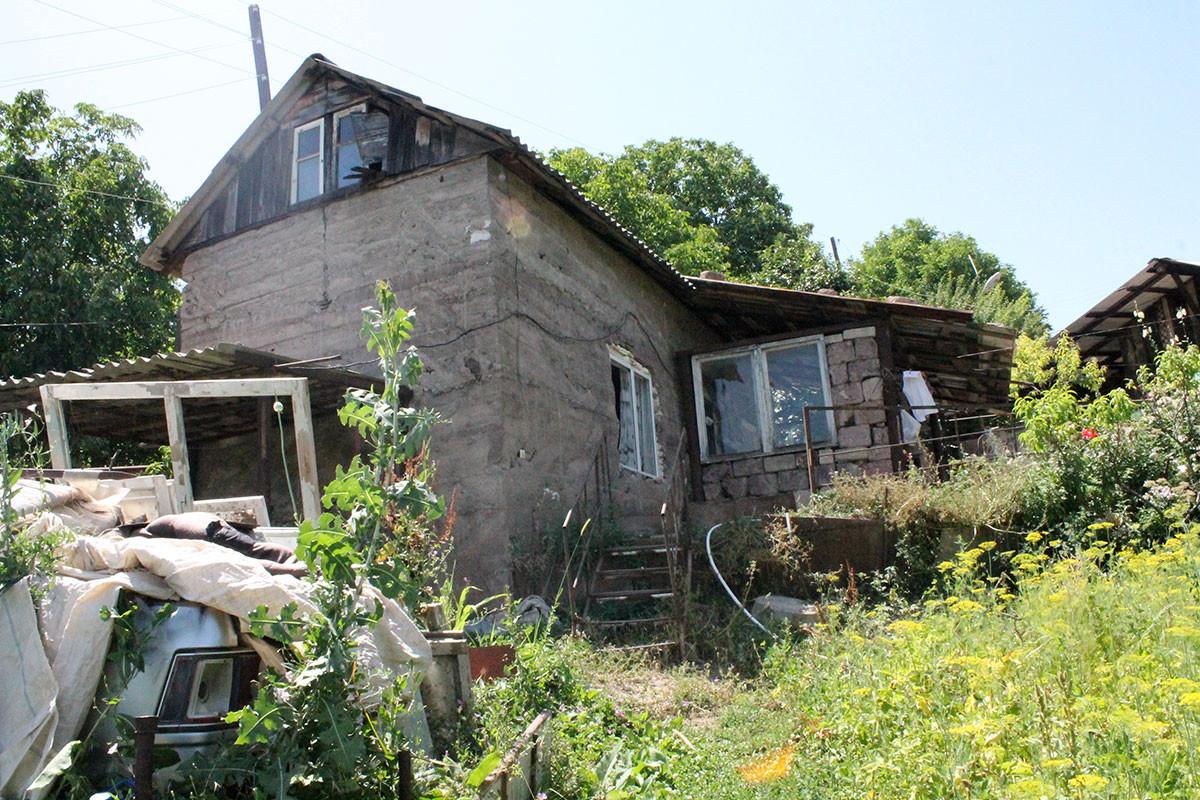
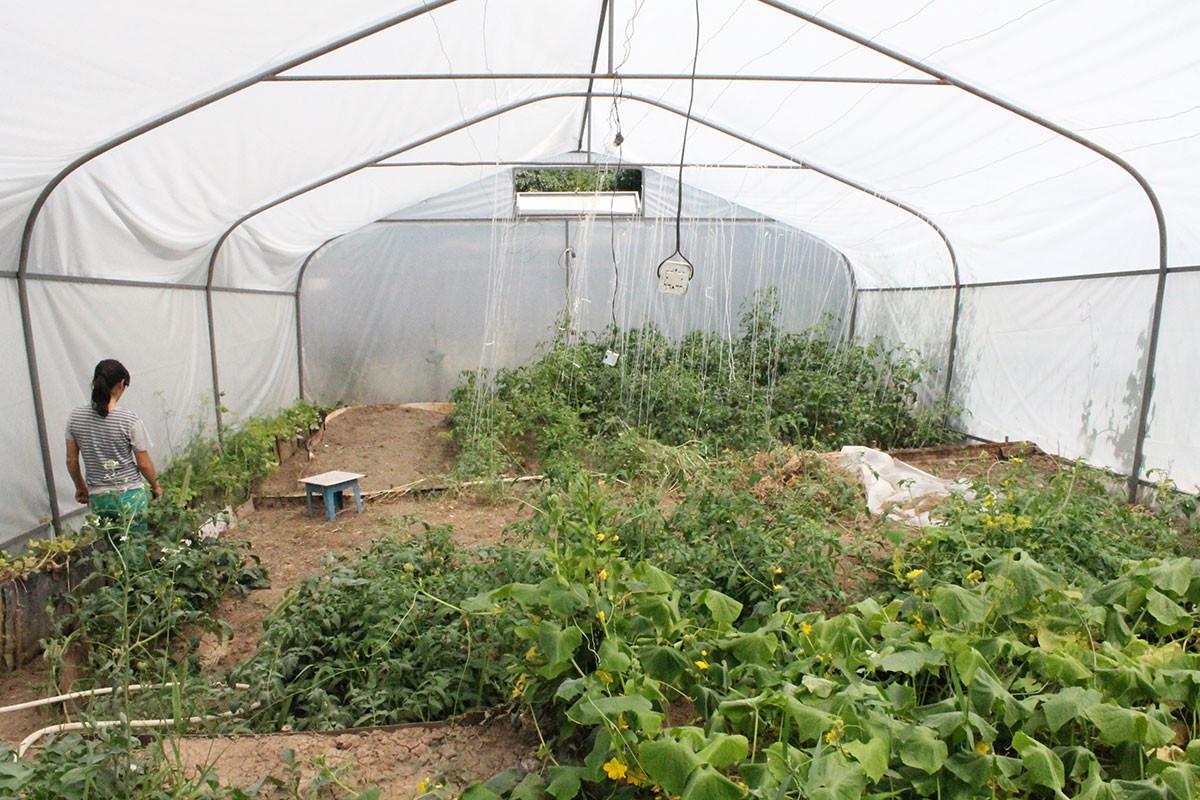
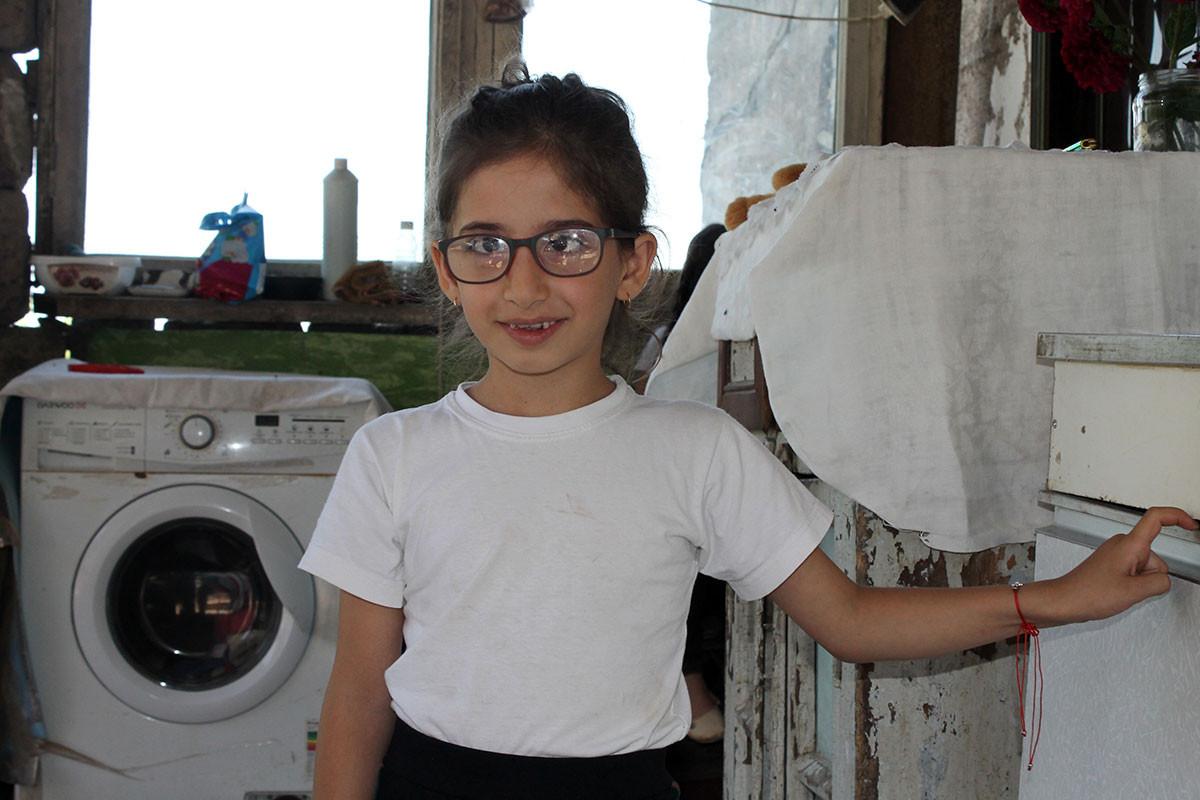
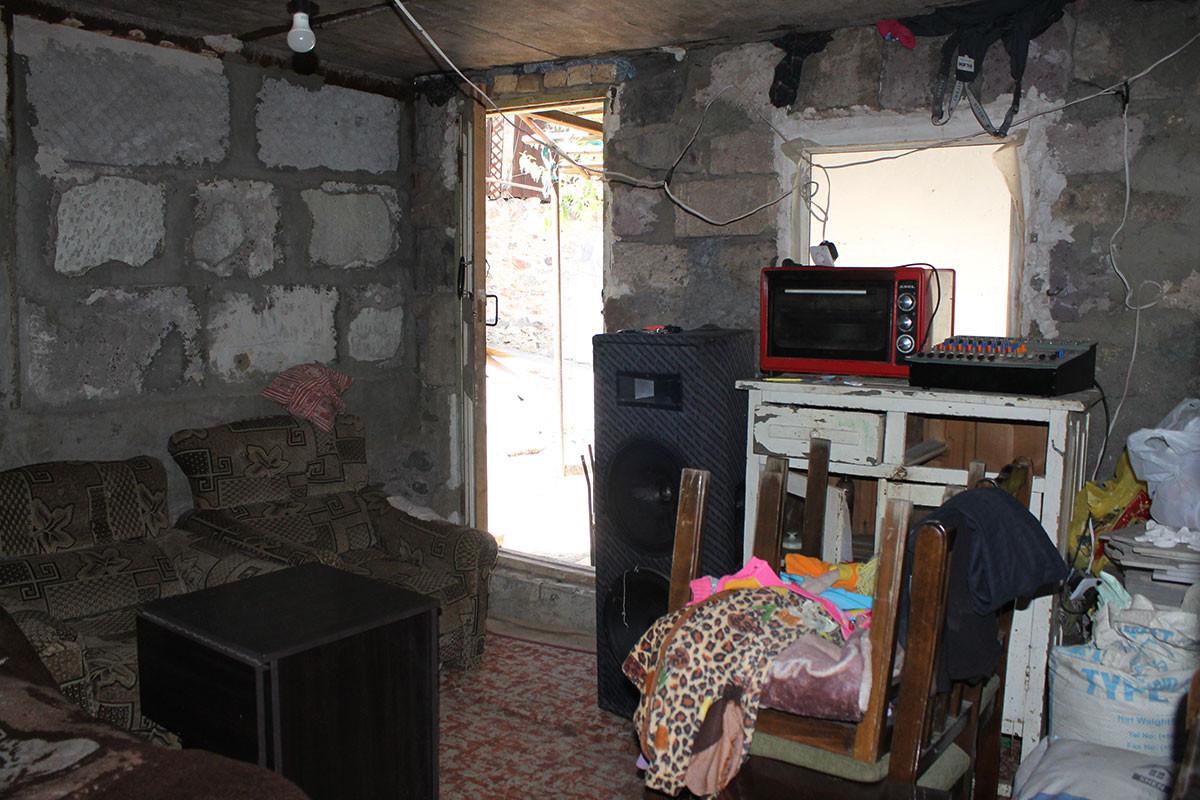
Comments (1)
Write a comment